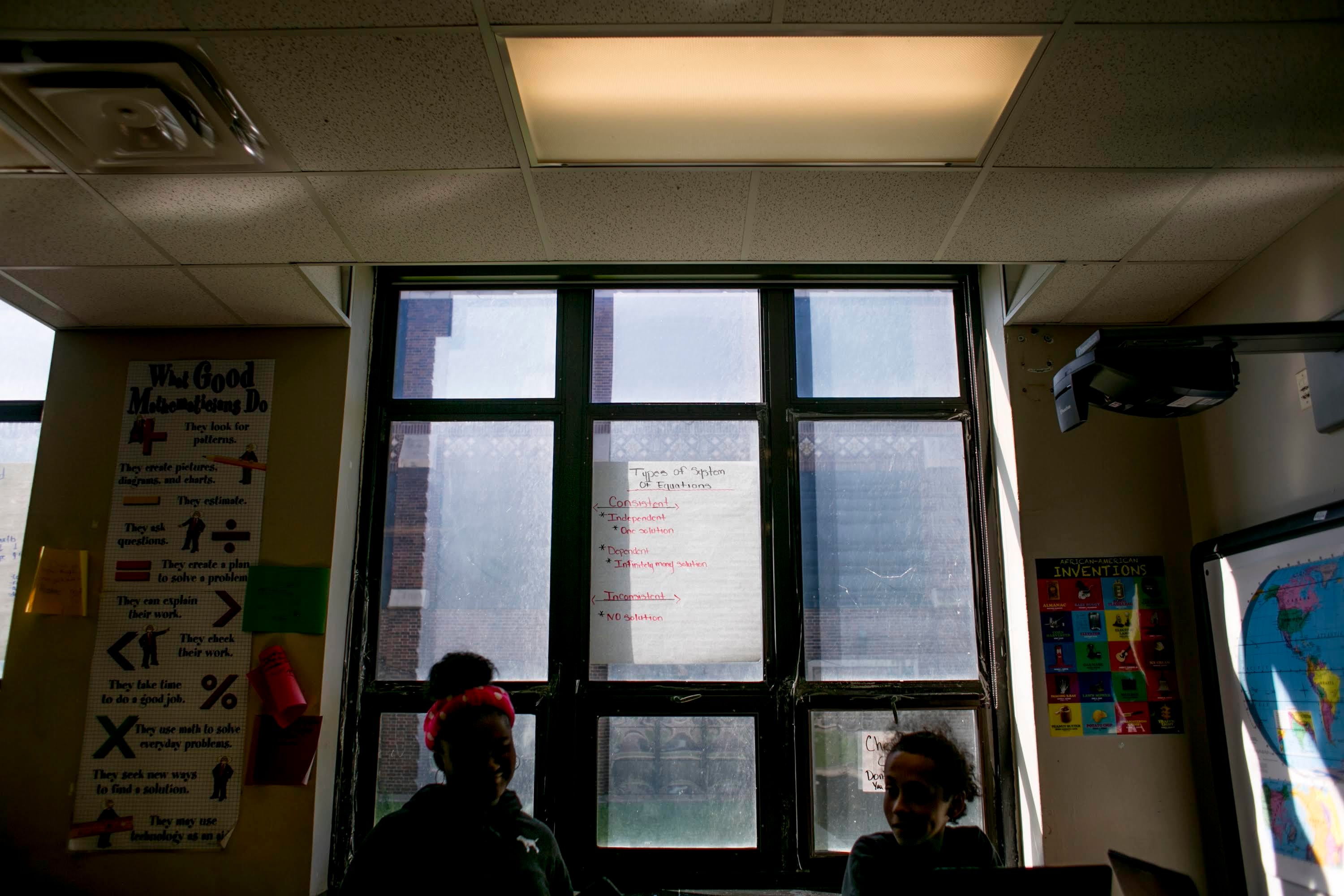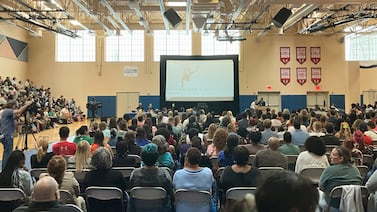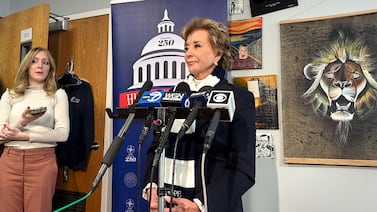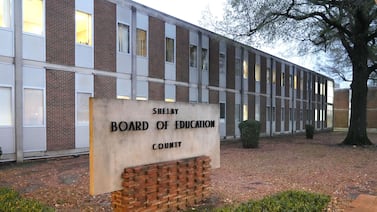Sign up for Chalkbeat Detroit’s free newsletter to keep up with the city’s public school system and Michigan education policy.
No matter who Detroiters elect as mayor on Nov. 4, one thing is certain: The city’s next mayor intends to take advantage of the city’s resources to play a greater role in education issues.
Candidates include Solomon Kinloch, the senior pastor at Triumph Church in Detroit, and Mary Sheffield, the president of the Detroit City Council.
Their interest in education is happening at a critical time in the city, as district and charter schools struggle with low achievement and high rates of chronic absenteeism, two issues that are intrinsically intertwined. While schools have aggressively tackled chronic absenteeism, there is only so much they can do to address the root causes of students failing to attend school — which researchers at Wayne State University’s Detroit PEER made clear in a book released earlier this year.
Both candidates say they plan to use resources the city controls to help eliminate barriers to attendance.
That’s where Detroiters come in. Chalkbeat Detroit wants to hear from city residents about what role, if any, they see the city’s mayor playing in education issues, including chronic absenteeism.
Please complete the survey below to share your thoughts. And please share the survey with other city residents.
No time to fill out the survey? Feel free to share brief thoughts via email: detroit.tips@chalkbeat.org.
Lori Higgins is the bureau chief for Chalkbeat Detroit. You can reach her at lhiggins@chalkbeat.org.






